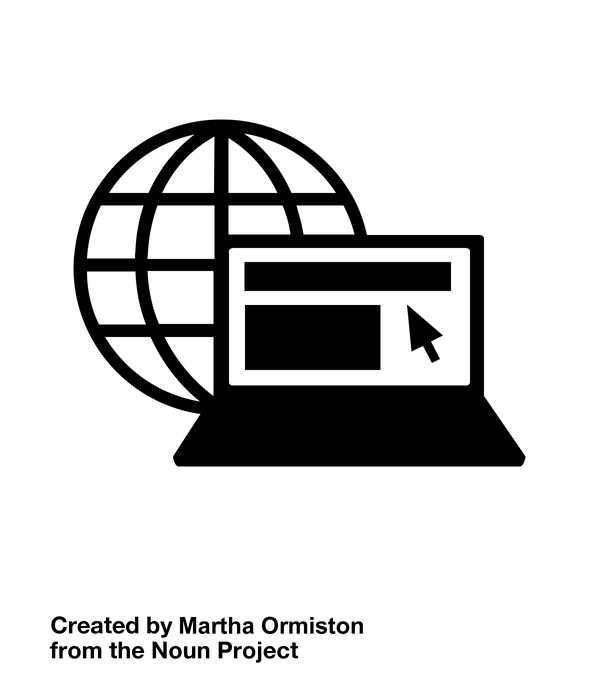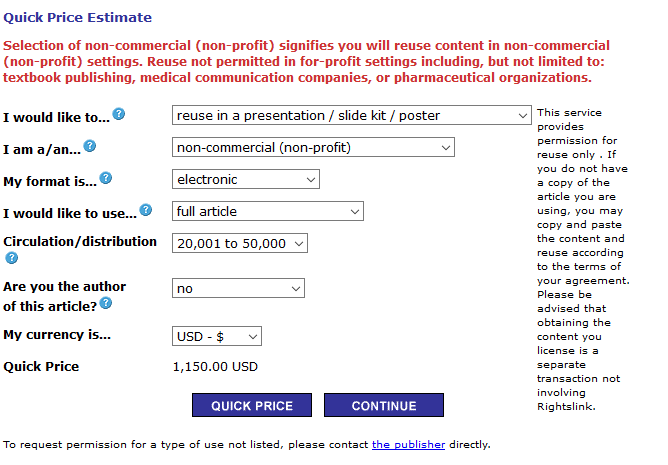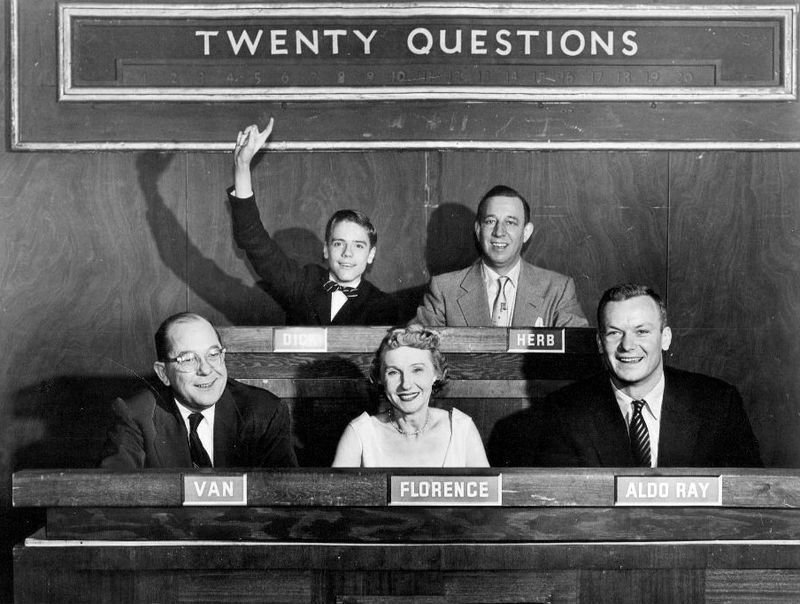"Open Science and Creative Commons" by Gwen Franck is licensed under a Creative Commons Attribution 4.0 International License, except otherwise noted.







"Caution Tape" by Eugene Zemlyanskiy on Flickr CC BY
I am not a lawyer ... (not even a researcher )
Existing copyright regulation is not adapted to the reality of research practice in 2015



- multiple authors in different countries
- text & data mining
- citizen science
- various Open Access policies
- Wikipedia ...
- social media
- education
- translations
- civil society
- ...


"All rights reserved"

"Open Means Never Having to Say You're Sorry" by Alan Levine on Flickr CC BY-SA
Research does no longer exclusively happen behind university walls



All icons found on The Noun Project



And Civil Society has an
interest as well!





All icons found on The Noun Project





How does CC work?
(In a nutshell)




Alll research is meant to be consulted, reused, reproduced and built upon

Unfortunately, the reality often looks more like this ...



"No access" by Lukas Benc on Flickr, CC BY-ND


In an ideal world ...
- keep copyright out of the classroom
- no geo-blocking or Technical Protection Measures
- Harmonized (c) laws
- avoid introducing ancillary (c)
- Freedom of Panorama
- what's in the public domain remains in the public domain
- "the right to read is the right to mine"
- ...

"Some rights reserved"


"I am so confused" by Ian Sane on Flickr CC BY 2.0Using a Creative Commons license makes it easy for creators to determine what can be done with their work and provides clarity and legal certainty for users -
in one click

A Creative Commons license (or public domain tool) is universally recognisable, juridically sound, easily applicable and leaves the user in no doubt about the intentions of the author.
Creative Commons licenses are free, easy-to-use copyright licenses providing a simple, standardized way to give the public permission to share and use your creative work — on conditions of your choice. CC licenses let you easily change your copyright terms from the default of “all rights reserved” to “some rights reserved.”

In a world with fair copyright laws, Creative Commons would be superfluous


At this point, almost 1.1 billion items are licensed with a CC license!

4 building blocks




Can be combined into 6 licenses
-
You are free to:
-
Share — copy and redistribute the material in any medium or format
-
Adapt — remix, transform, and build upon the material
-
for any purpose, even commercially
-
-
Under the following terms:
-
Attribution — You must give appropriate credit, provide a link to the license, and indicate if changes were made
-
You may do so in any reasonable manner, but not in any way that suggests the licensor endorses you or your use.
-

- Same conditions as CC BY, plus:
-
ShareAlike — If you remix, transform, or build upon the material, you must distribute your contributions under the same license as the original.
-

-
Same conditions as CC BY, plus:
- NonCommercial — You may not use the material for commercial purposes

-
Same conditions as CC BY, plus:
- NoDerivatives — If you remix, transform, or build upon the material, you may not distribute the modified material.







License chooser

Image by Aston University - licensed under a CC BY 4.0 license
Don't forget:

Two additional legal tools






Make sure the license you use allows for the re-use you want!

How does it work?



Almost 100 volunteer teams worldwide develop these licenses !
Picture by CCKorea, CC BY on Flickr
Three layers:
- Machine Readable
- Human Readable
- Legal Code

Legal Code

- juridical basis
- "version 4.0"
- created by CC Legal Team + input from communities worldwide
- available in your language
- universally applicable
Human Readable
- summary or 'deed'
- this is what you link to
- available in your language

Machine Readable
- make it easy for "the Web" to know when a work is available under a Creative Commons license

Adding a CC license to your work

Keep in mind when licensing your work:
Citing CC licensed content
a little common sense goes a long way!
- attribution (BY) is obligatory: name of the author and name of the work (if available)
- link to the original source
- mention and link to the license/(c) status (You don't need to credit PD works)
- mention if you remix/adapt, link to the original version of the work

Accident ! by clement127 found on Flickr (CC BY-NC-ND 4.0)
https://creativecommons.org/licenses/by-nc-nd/4.0/
www.flickr.com/photos/clement127/
Title
Author
Source
License

- Picture found on Flickr
- 'I am so confused' (c) Creative Commons
- 'I am so confused' by Ian Sane
- CC BY 2.0
- 'I am so confused' (c) Flickr


Cute kittens in the Public Domain
Attribution = nice, but not obligatory

Cooper-Hewitt's Collection Database, licensed under CC0 on Github
"In order to reduce any uncertainty about the 'legitimate uses' of this dataset, Cooper-Hewitt has licensed this release under a Creative Commons Zero (CC0) license. This license is the most permissive available and allows for all types of reuse"
You can use and reuse all elements in this dataset without worrying about attribution or other restrictions, as it is in the Public Domain

Make it easy for others to cite you

This is an adaptation by Gwen Franck of
"Kitten playing with String" by Bilal Khan on Flickr (CC BY-SA)
This adaptation is available under a CC BY-SA license

Sharez ur workz pwease?
- Creative Commons is a tool, not a silver bullet: It cannot fix bad science.
- Correct citation is essential to conduct scientific research
- Incorrect citation and use of CC licensed materials is not only bad science, it is a copyright infringement
- If you license your own work with CC - you have a legal basis to demand that you are cited correctly


- @g_fra
- gwen@creativecommons.org
- https://slides.com/gwen/openandcc
"Open science and Creative Commons" by Gwen Franck is licensed under a Creative Commons Attribution 4.0 International License, except otherwise noted.







